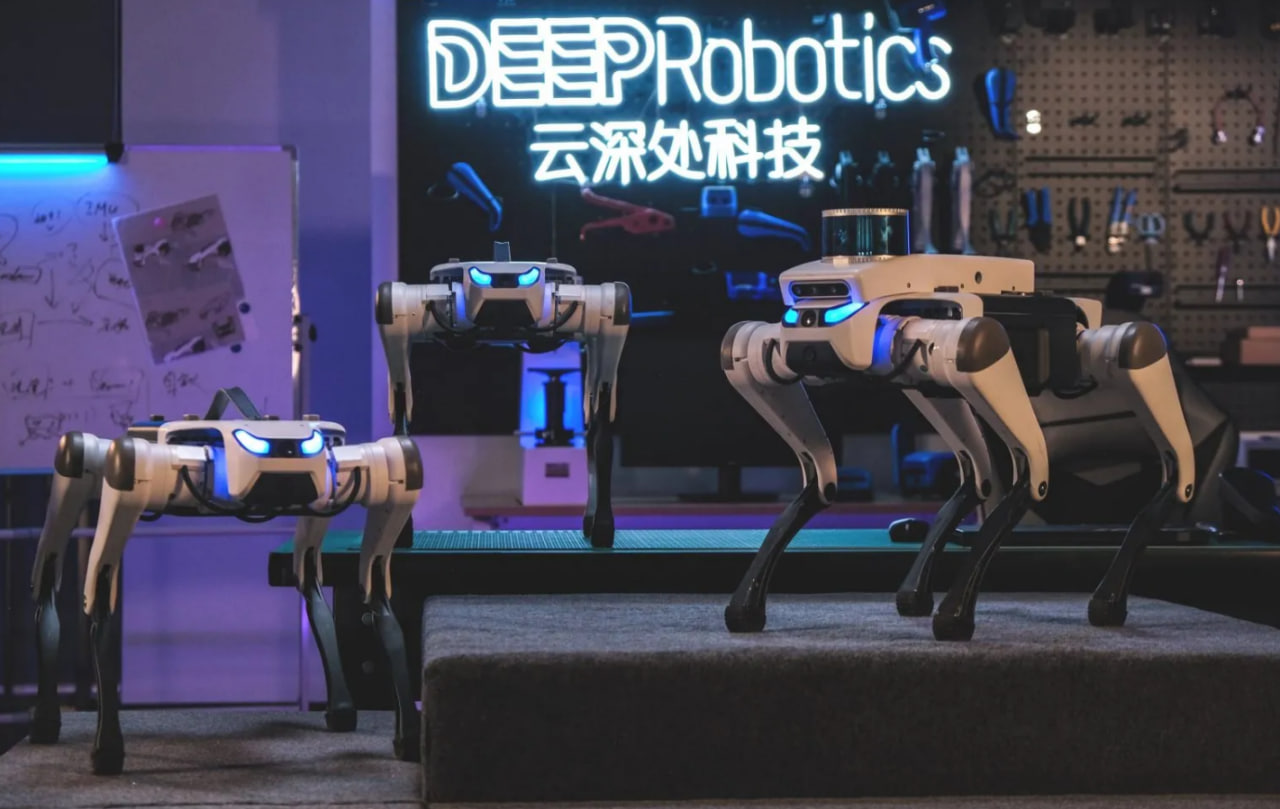Ethicon, a subsidiary of Johnson & Johnson MedTech, has achieved a significant milestone in the field of robotic surgery by completing the first robotic-assisted removal of kidney stones using the Monarch platform. The Monarch platform, which received FDA clearance for endourological procedures in May 2022, was used at the University of California, Irvine’s UCI Health to perform the groundbreaking procedure.
This remarkable accomplishment marks the first successful robotically assisted, electromagnetic-guided percutaneous access and mini-percutaneous nephrolithotomy (mini-PCNL) procedure. The clinical study, led by Ethicon's clinical group, involves a collaboration with co-investigator Dr. Mihir Desai from the University of Southern California. The study aims to collect performance data on robotic mini-PCNL procedures to optimize the Monarch platform and inform training and education.
The Monarch platform for urology is designed to enable urologists to reach and visualize areas within the kidney with precision and control. This innovative technology offers a single platform for supporting both ureteroscopic and PCNL procedures. The system allows for navigation through the kidney with a handheld controller, and robotic assistance provides surgeons with a way to precisely maintain instrument positions and perform multiple tasks simultaneously.
One of the key advantages of the Monarch platform is its novel electromagnetic targeting platform, which gives urologists more precise access to the kidney. Additionally, the platform offers 80% less radiation exposure during percutaneous access compared to standard fluoroscopic-guided access techniques, as well as consistency with fewer needle sticks when obtaining access.
Dr. Jaime Landman, chair of the UCI School of Medicine Department of Urology and director of the UCI Health Kidney Stone & Kidney Disease Services, expressed his enthusiasm for the potential of the Monarch platform: "This clinical study is the first in the world to research and demonstrate the potential for improved navigation, access, clearance, and control in mini-PCNL procedures using the Monarch platform for urology. In addition to potentially helping urologists achieve stone-free patients in a single procedure, this approach could help reduce the need for retreatment after kidney stone removal and decrease risks and complication rates."
As the prevalence of kidney stones remains high and many urologists seek new treatment options to reduce overall retreatment and complication rates, the Monarch platform presents a promising solution. With nearly one in two patients requiring retreatment within five years of surgery, the potential for this innovative robot worker to revolutionize the field of urology is immense.
For those interested in robot jobs or looking to hire a robot worker in the medical field, the Monarch platform's success in kidney stone removal highlights the growing importance of robotic technology in healthcare. As more procedures are developed and perfected with the assistance of robots, the demand for skilled professionals to work with and maintain these advanced systems will only continue to grow.


















